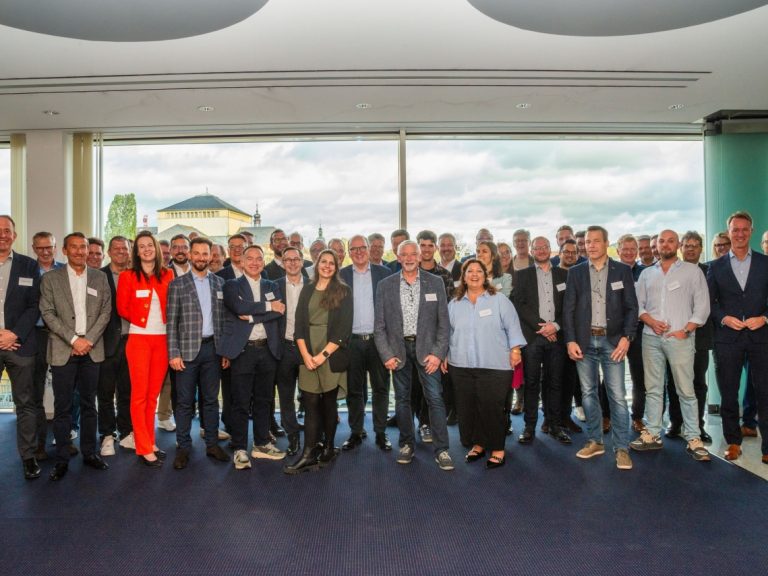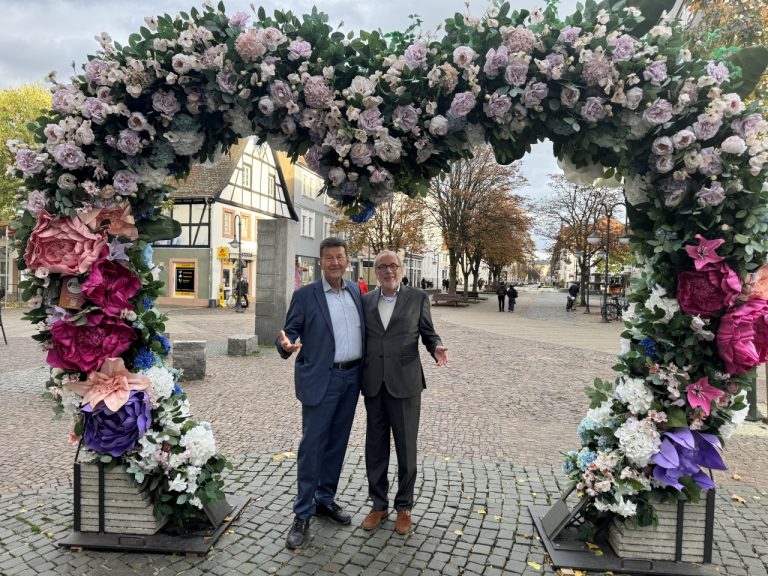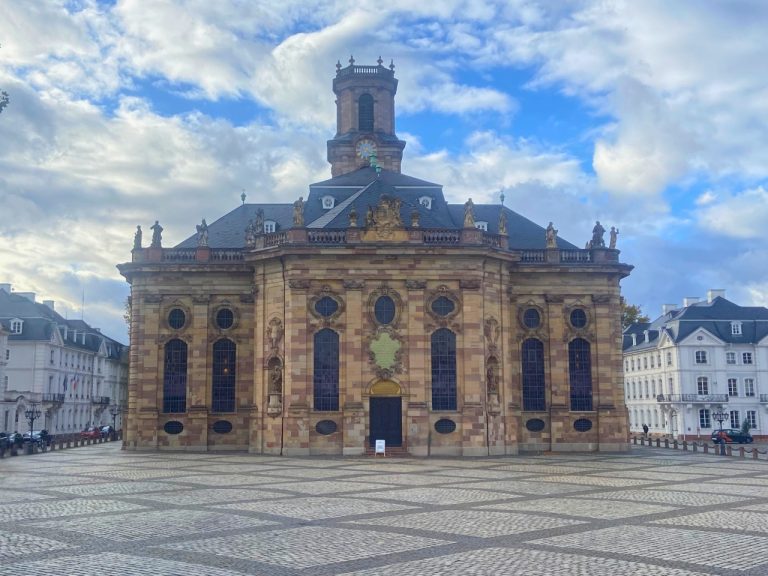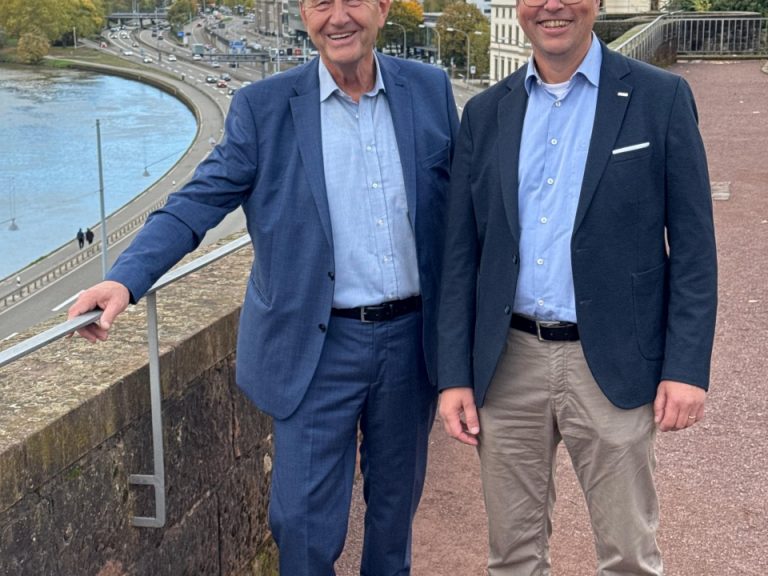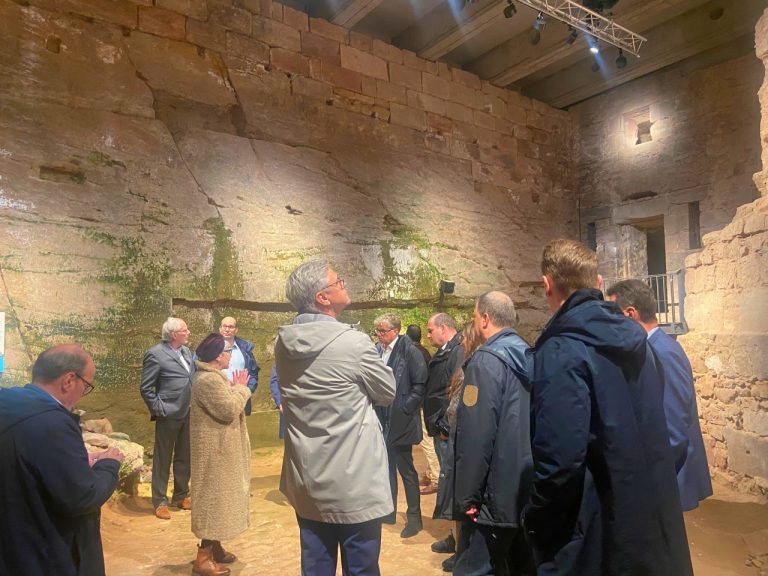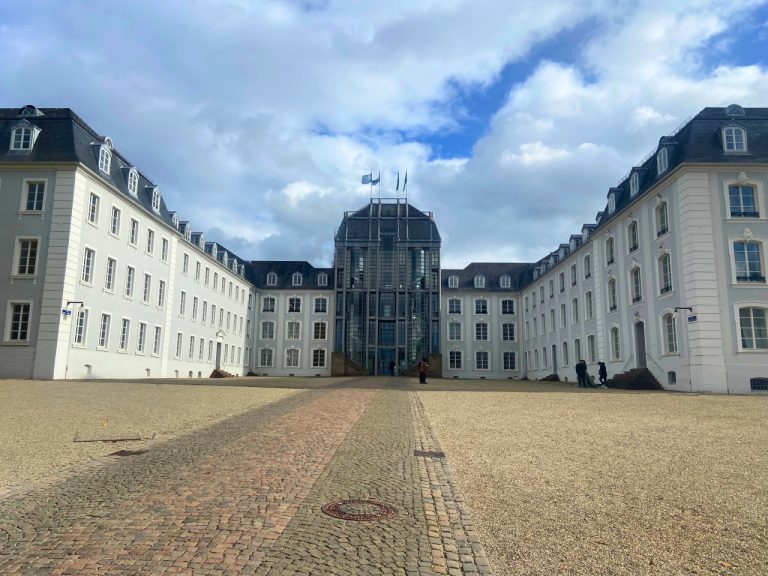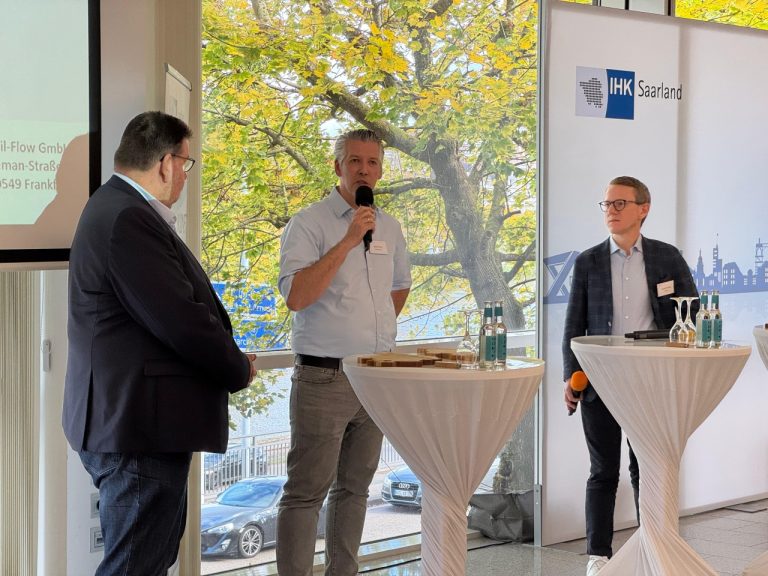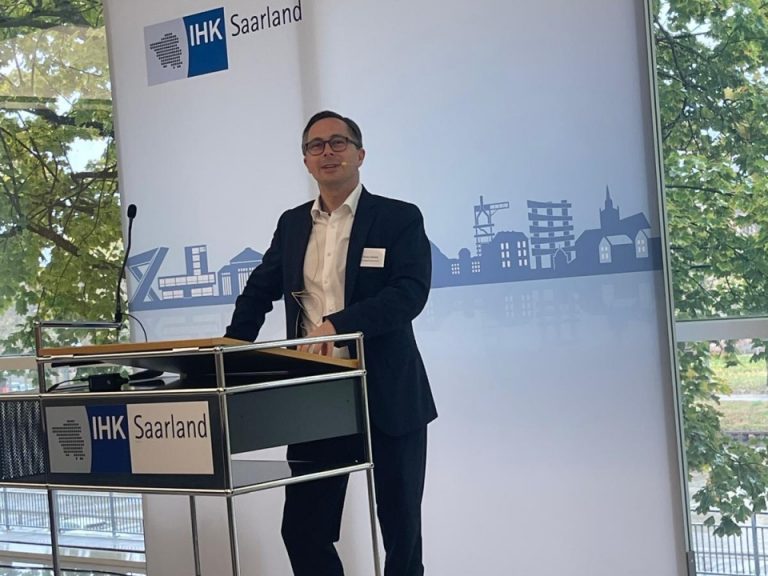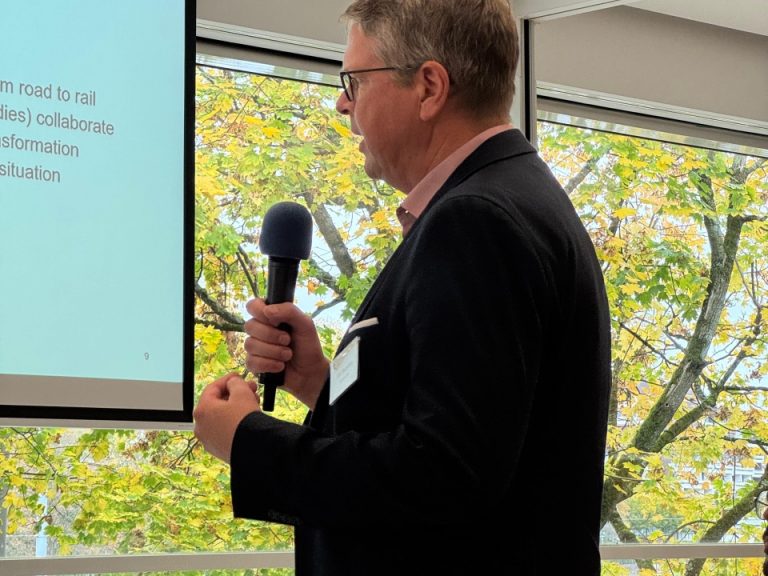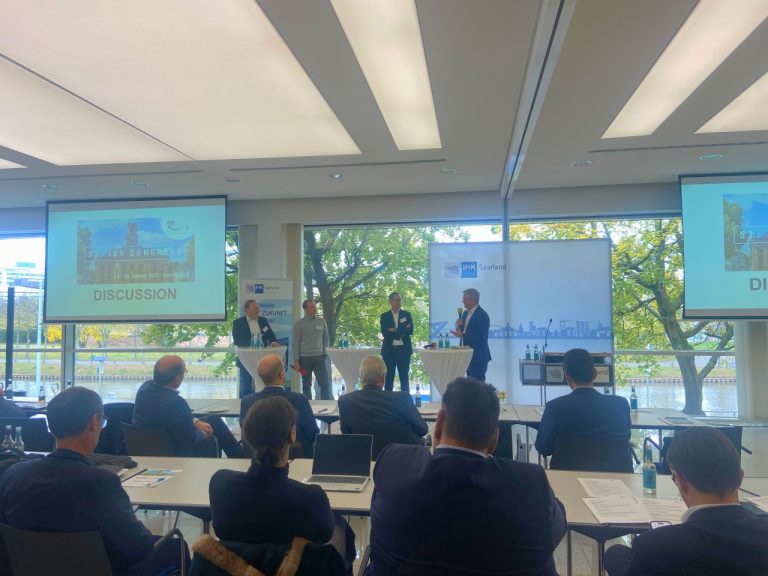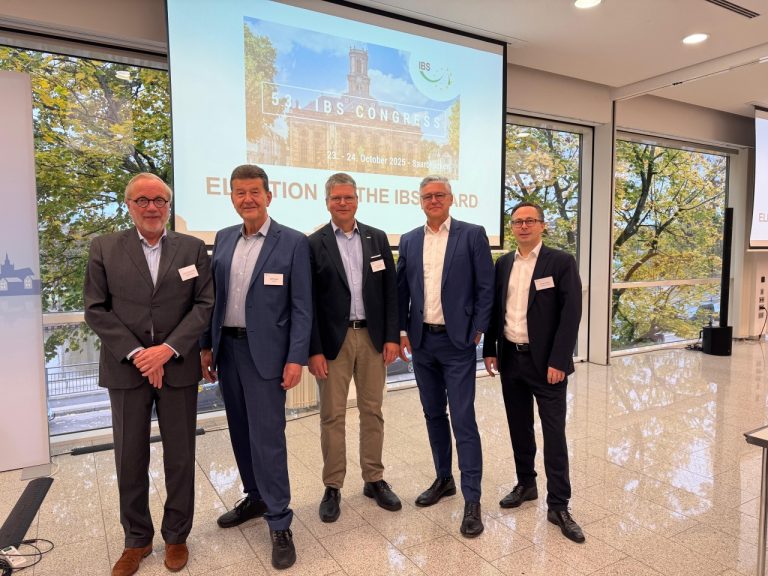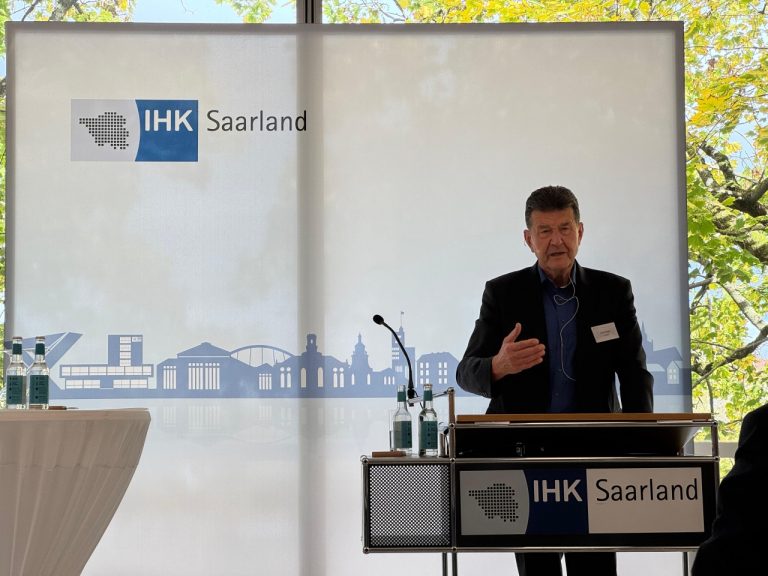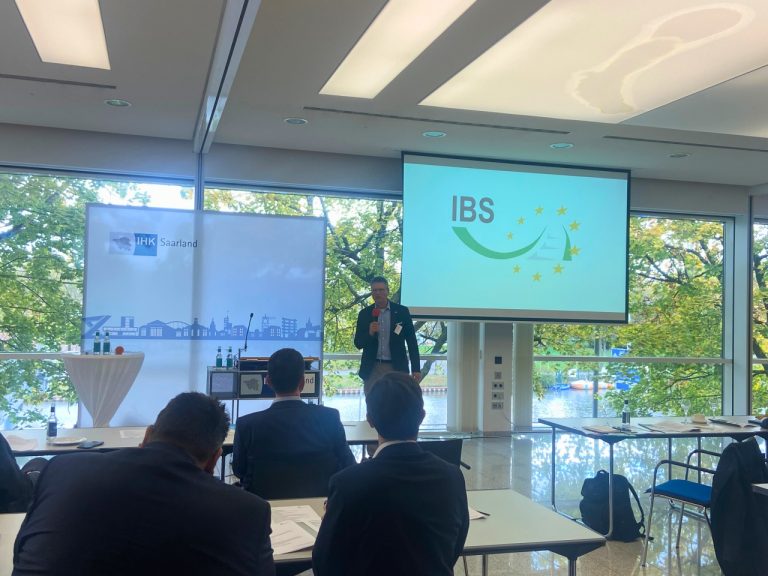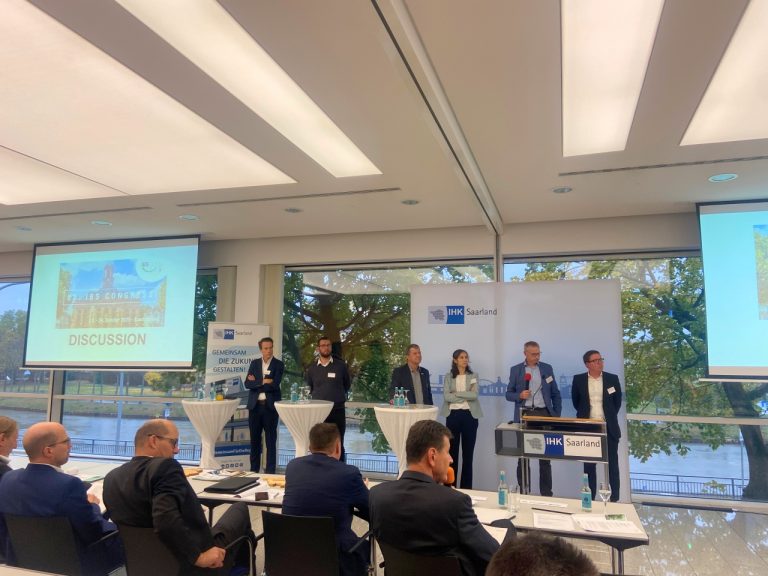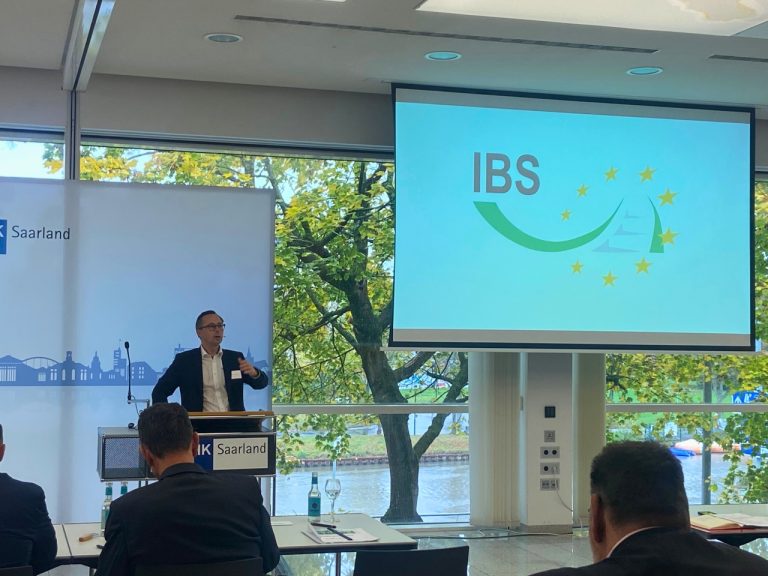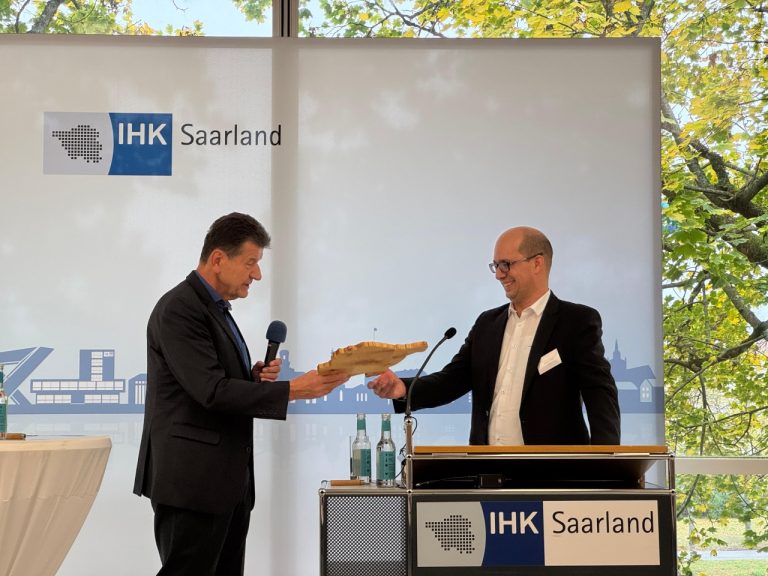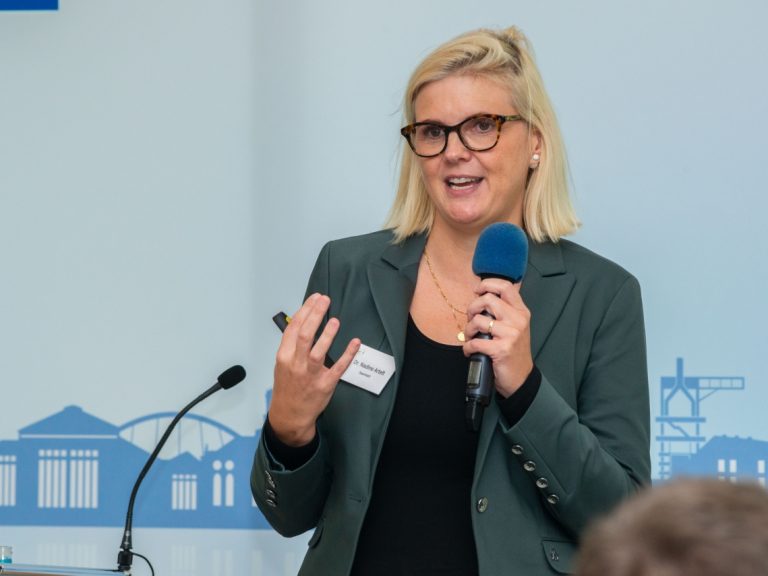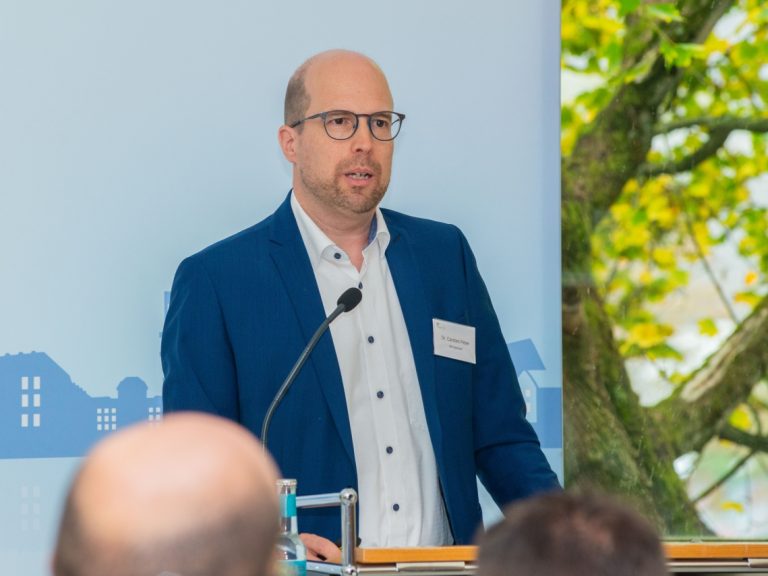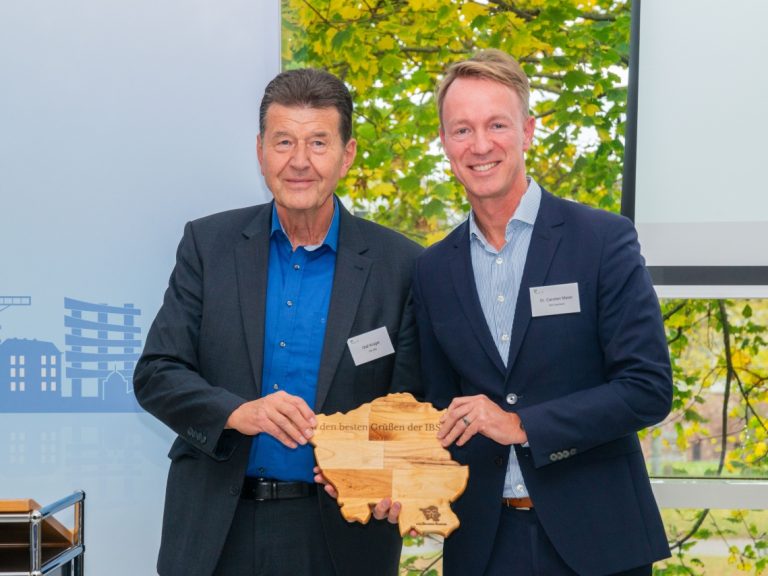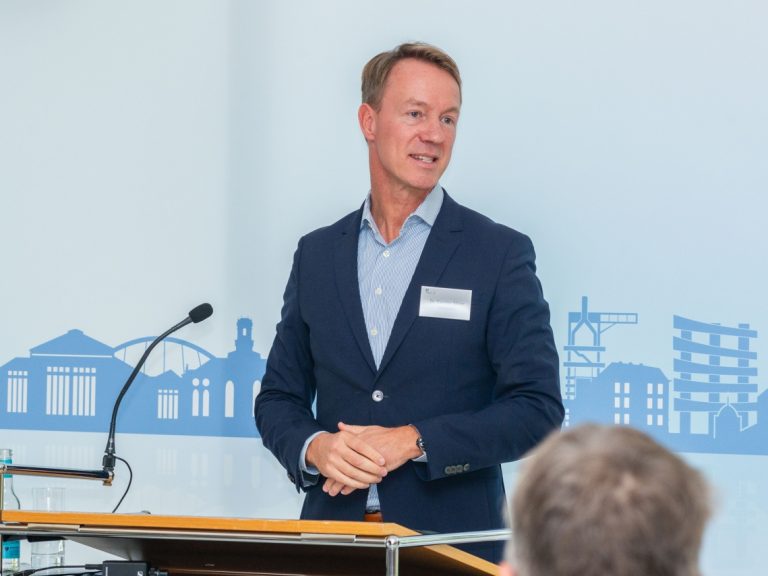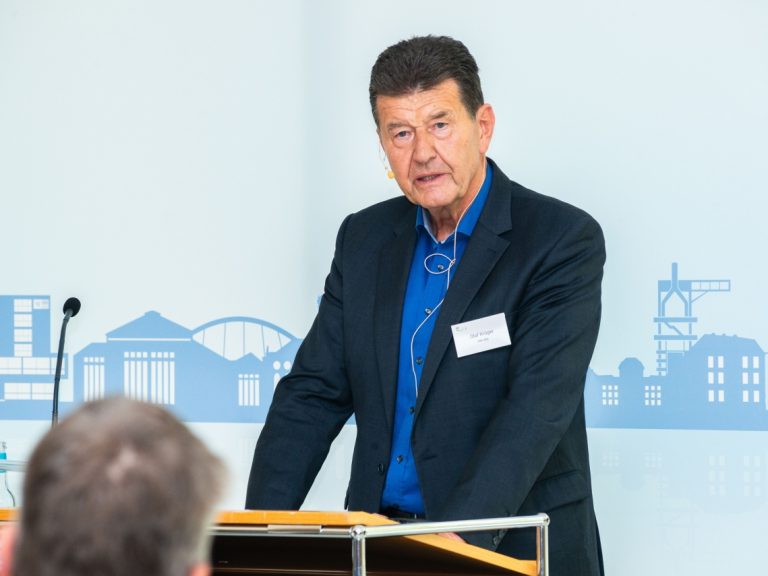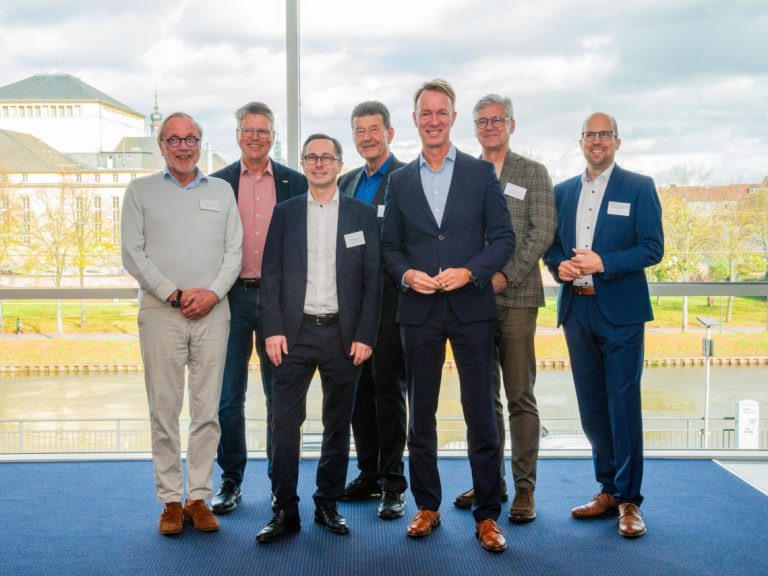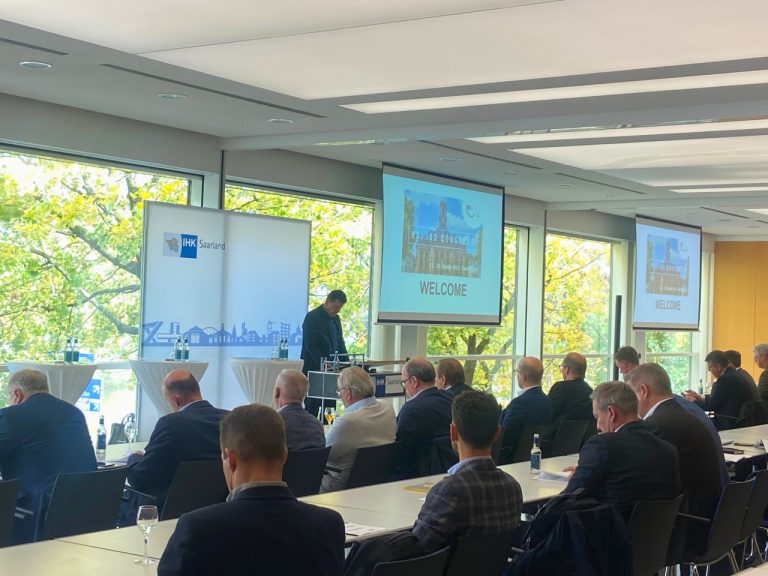European Perspectives for a Sustainable Rail Freight Sector
On 23–24 October 2025, the 53rd IBS Congress took place in Saarbrücken, in cooperation with the Saarland Chamber of Commerce and Industry (IHK Saarland).
Under the guiding theme “Saarland as a Potential Hub”, the event focused on key questions of European cooperation, digitalization, and the development of intermodal and multimodal logistics concepts.
Opportunities for Saarland in European Rail Freight
The first day of the congress was dedicated to exploring the potential of Saarland as a location for north–south and east–west rail connections.
Following the welcoming remarks by Olaf Krüger (IBS) and Dr. Carsten Meier (IHK Saarland), expert presentations by Dr. Carsten Peter (IHK Saarland), Dr. Nadine Artelt (SHS Logistics/Saarstahl), and Stefan Puhl (Puhl GmbH) provided insights into current developments, operational requirements, and the region’s infrastructure potential.
In a subsequent panel discussion moderated by Olivier Genkin (IBS), representatives from DB Cargo/Transa, Forwardis, Eurorail International, Rail Cargo Austria/Chemoil, and CFL Multimodal discussed the future of European rail freight transport. A central conclusion emerged: the rail sector has a strong future – driven by intermodality, digitalization, and automation.
Sustainable business models such as wagon group concepts and multimodal solutions will be essential, alongside the growing importance of digital platforms and the Digital Automatic Coupling (DAC).
The first congress day concluded with a traditional Saarland dinner at the Ratskeller Saarbrücken.
Board Election and New Impulses
The second day began with the IBS General Assembly and Board Election. The previous board – Olaf Krüger, Christian Ressenaar, Tiberiu Buzás, Olivier Genkin, and Udo Sauerbrey – was unanimously re-elected, with Udo Sauerbrey appointed as the new chairman.
A key focus of the assembly was the integration of non-craneable trailers into combined transport – a rapidly growing market segment.
Under the direction of Tiberiu Buzás (IBS), Roman Noack (Helrom), representatives of R2L and CargoBeamer, as well as Olaf Krüger (IBS), presented innovative approaches for integrating these transports into multimodal logistics chains.
A study by Railistics showed that more than 95% of European trailers are currently non-craneable, yet they represent a significant potential for rail freight.
The discussion addressed both market opportunities – such as horizontal handling systems – and existing challenges. IBS announced its intention to support pilot projects, promote the expansion of suitable terminals, and advocate more strongly for these systems at the European level.
Digitalization as the Key to the Future
Another major topic was the digitalization of rail logistics. Discussions focused on the potential of the Digital Automatic Coupling (DAC), data-driven business development (Freight.Data.Now), and platform-based capacity matching through the Rail-Flow Rail Capacity Broker. The discussions clearly demonstrated that the future of rail freight is sustainable, connected, and data-driven.
Looking Ahead to the Anniversary Year
To conclude the congress, the IBS Board provided an outlook on the association’s upcoming 30th anniversary celebrations next year.
A joint lunch and a guided tour through the historic casemates of Saarbrücken rounded off the event.
Photos: IHK Saarland, IBS Board




